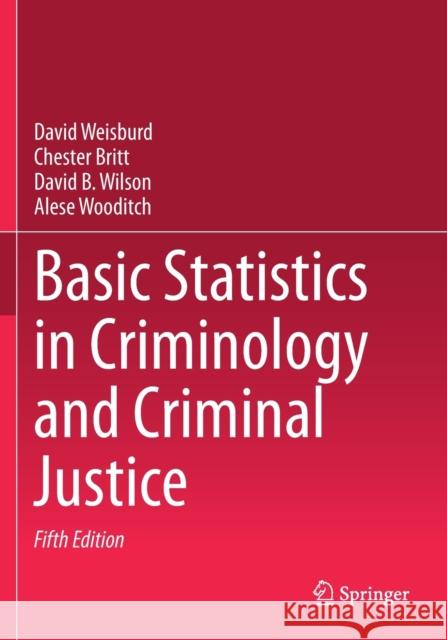Basic Statistics in Criminology and Criminal Justice » książka
topmenu
Basic Statistics in Criminology and Criminal Justice
ISBN-13: 9783030479695 / Angielski / Miękka / 2022 / 636 str.
Kategorie:
Kategorie BISAC:
Wydawca:
Springer
Język:
Angielski
ISBN-13:
9783030479695
Rok wydania:
2022
Ilość stron:
636
Waga:
1.08 kg
Wymiary:
25.4 x 17.78 x 3.25
Oprawa:
Miękka
Wolumenów:
01
Dodatkowe informacje:
Glosariusz/słownik
Wydanie ilustrowane
Wydanie ilustrowane











